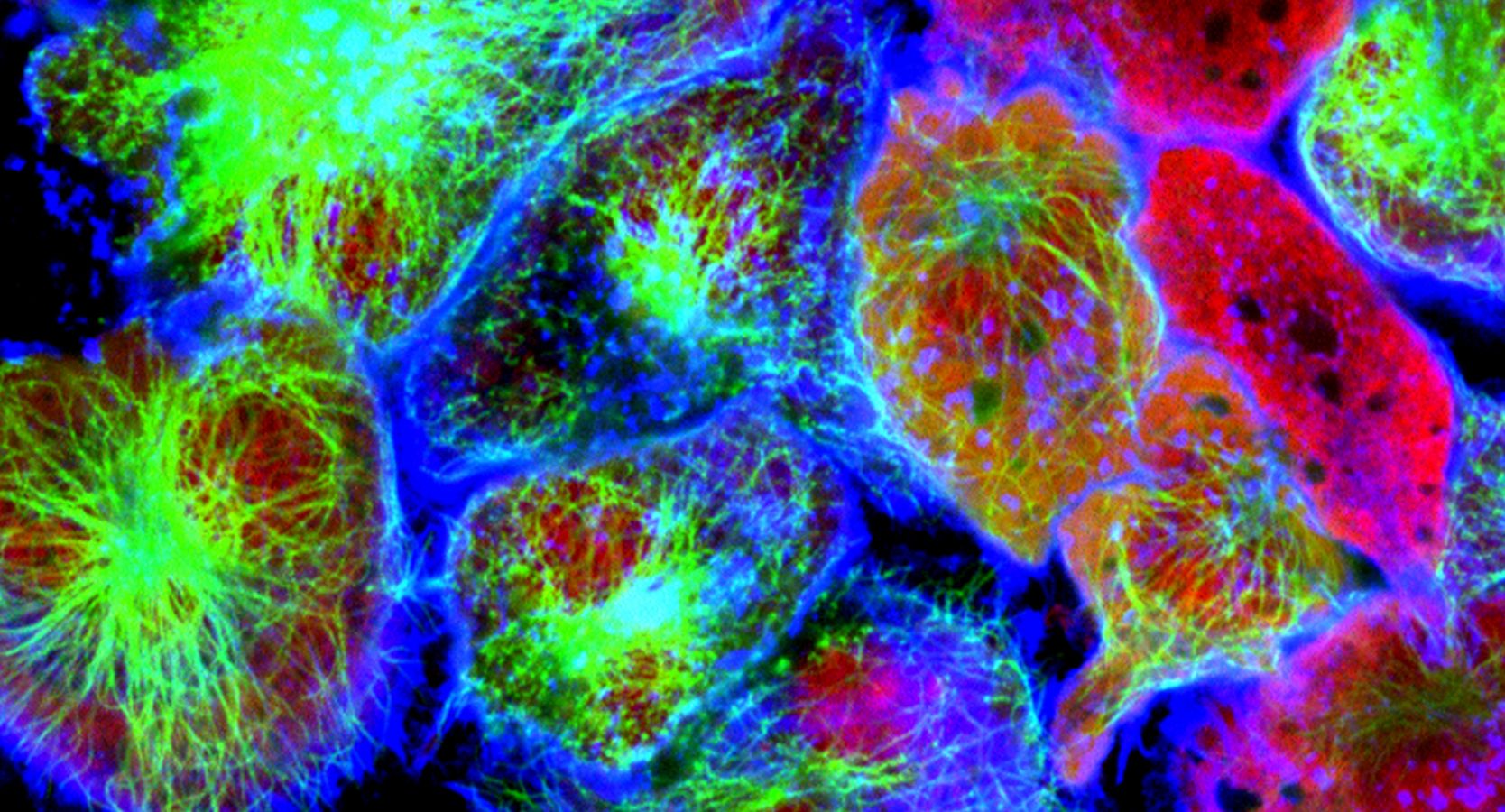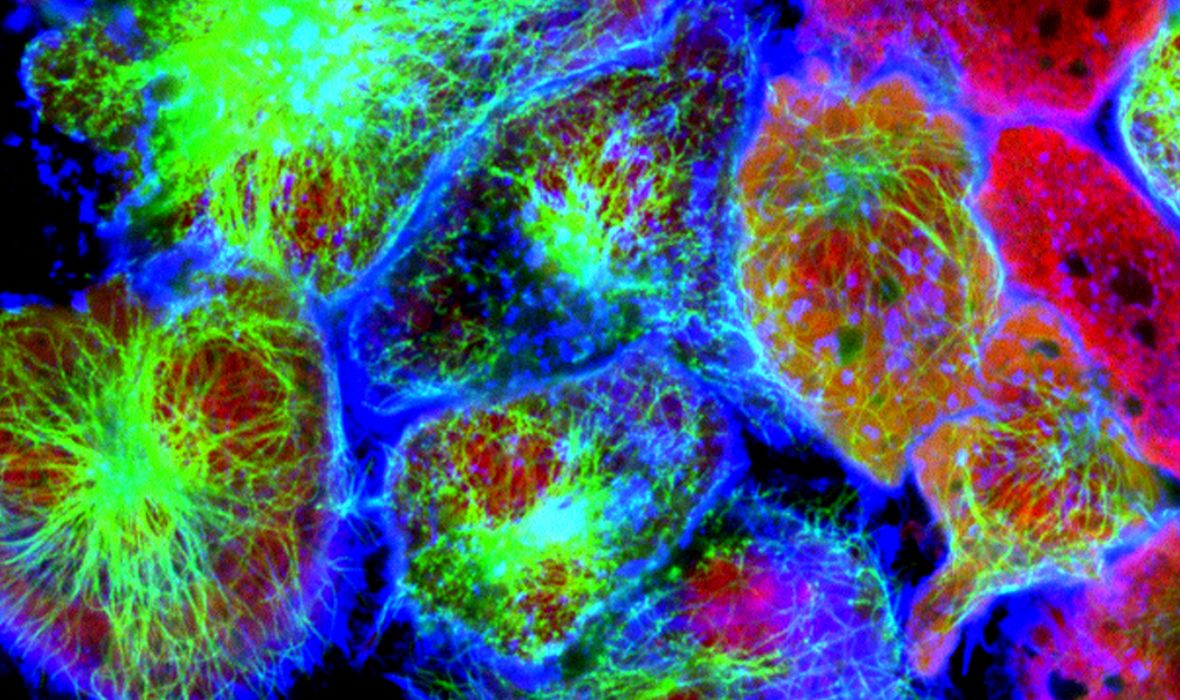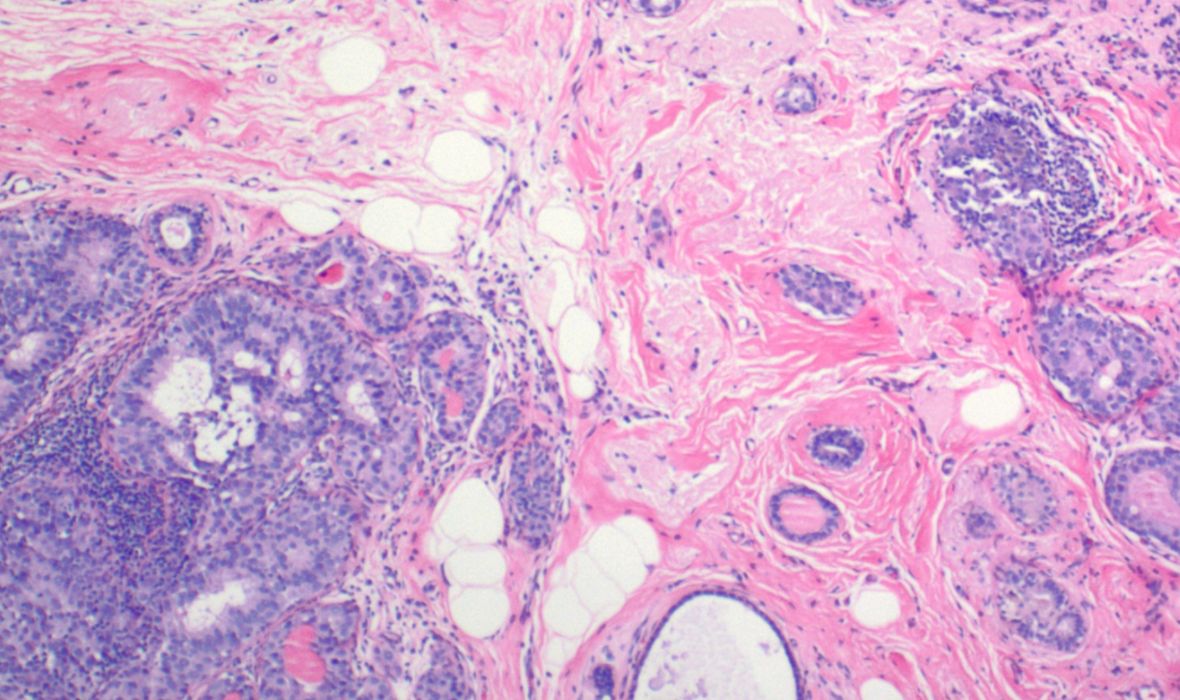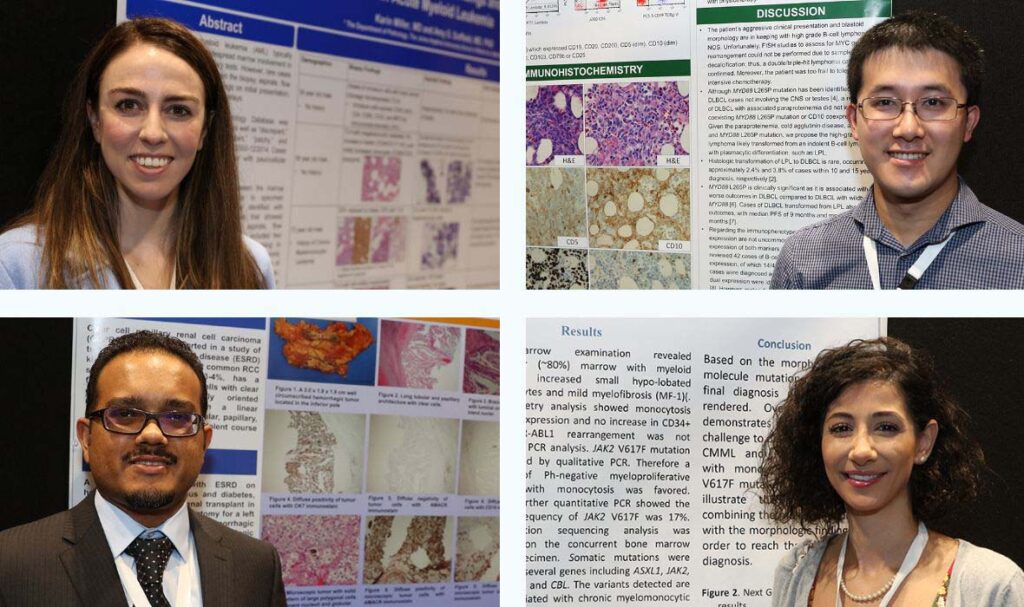Paths
Keep Abreast of Innovation
Keeping up with the latest advancements in medicine can seem daunting at times. It’s not enough to practice the latest, but you also need to have an eye on the horizon.
This learning path is one way to help you keep up with innovations and provide the practical guidance on how to effectively apply these advancements to group and laboratory practices.
Be sure to review our full agenda for more ways to help you keep abreast of innovation.
Michelle M. Hebert, MD, FCAP
Educational Courses
Stay Abreast of Ongoing Diagnostic Learning and Advances in Pathology
"Not Found"
Identify and Prepare for the Future of Pathology
"Not Found"
Update Skills and Knowledge Relative to Changing Guidelines and Protocols
"Not Found"
Drive Good Decisions for Better Patient Care
"Not Found"
Events
"Not Found"
Networking
"Not Found"


Hot Topic
Neighborhoods Matter: Identifying Spatial Biomarkers in the Tumor Microenvironment
Full Day Course
Difficult Diagnoses in Breast Pathology and Management Challenges
SUNDAY, OCTOBER 9 | 8:00 AM – 5:00 PM | IN-PERSON
Join our team of renowned experts, Kimberly Allison, MD, FCAP, Laura C. Collins, MD, FCAP and Hannah L. Gilmore, MD for an immersive review of challenging entities commonly seen in breast pathology practice. Faculty will help navigate these diagnostic challenges using didactic, case-based, and interactive approaches to facilitate learning.


CAP22 Abstract Program
Register Today
In-Person CME Pass
Starting at $249
Free for medical students
Virtual CME Pass
Starting at $75
Free for medical students
Networking Pass
Starting at $99
Free for medical students